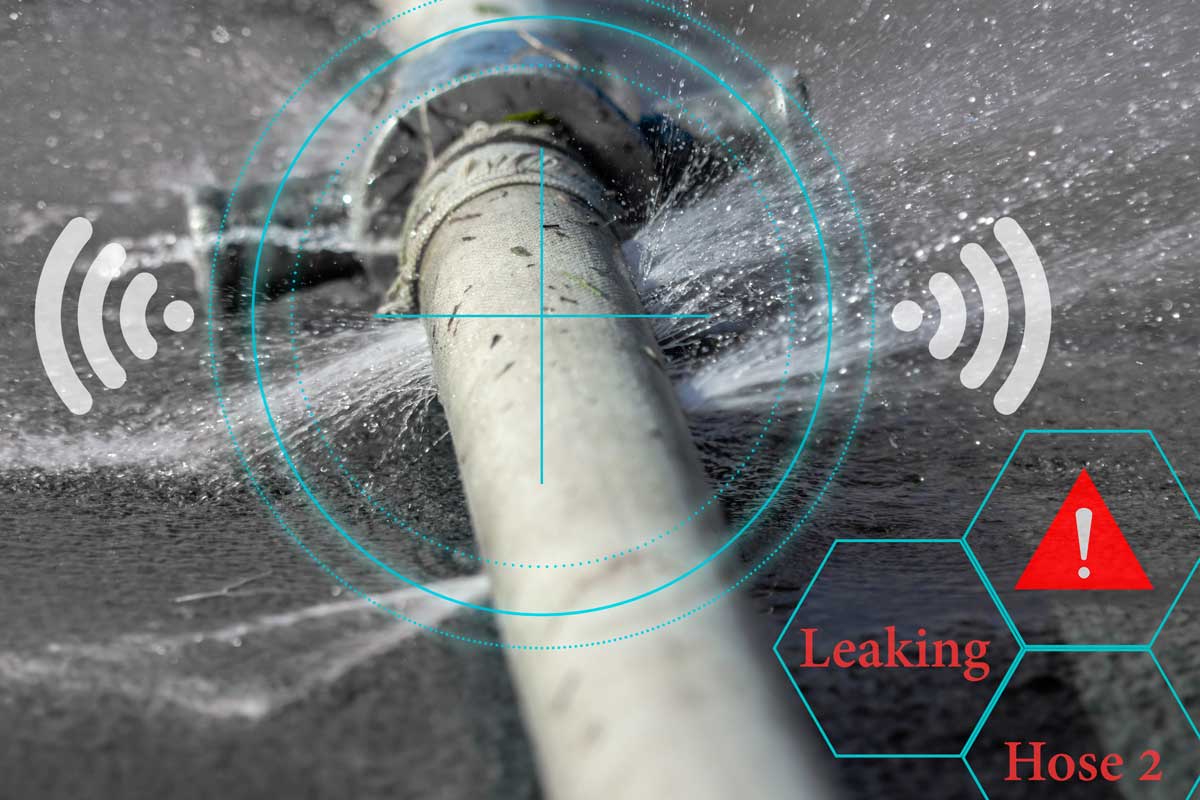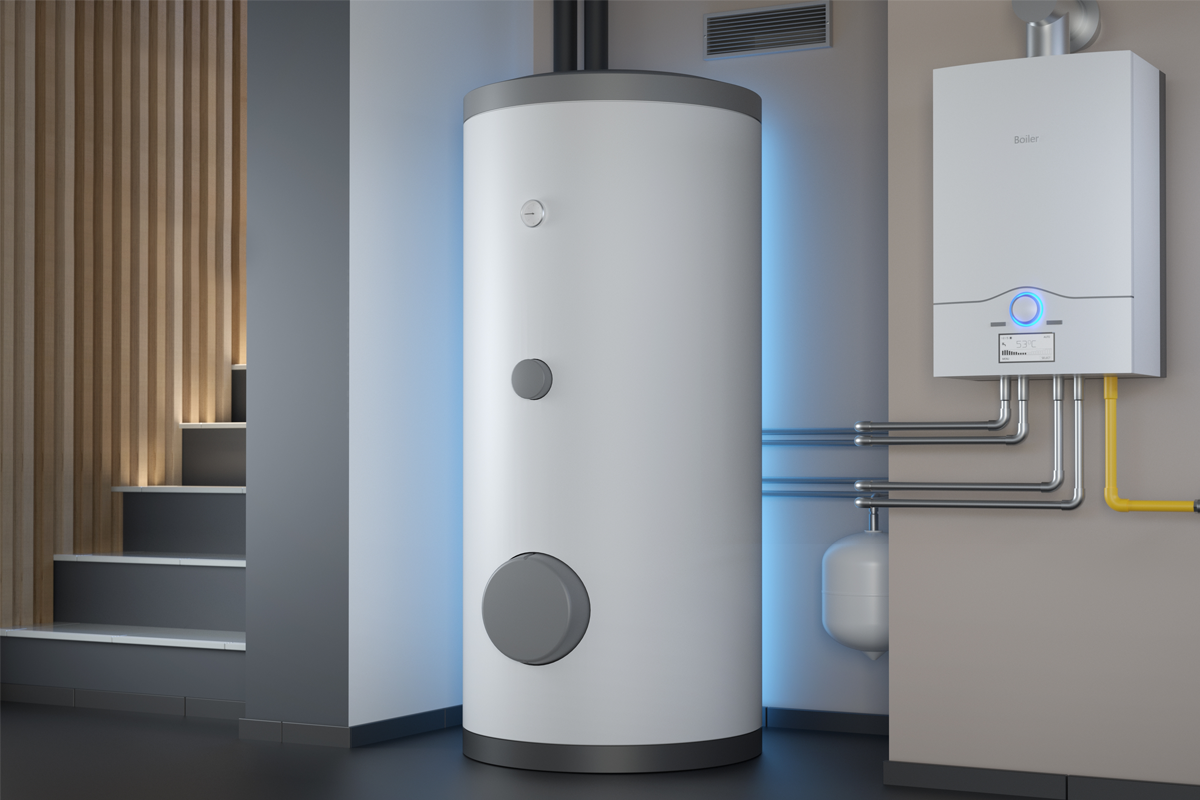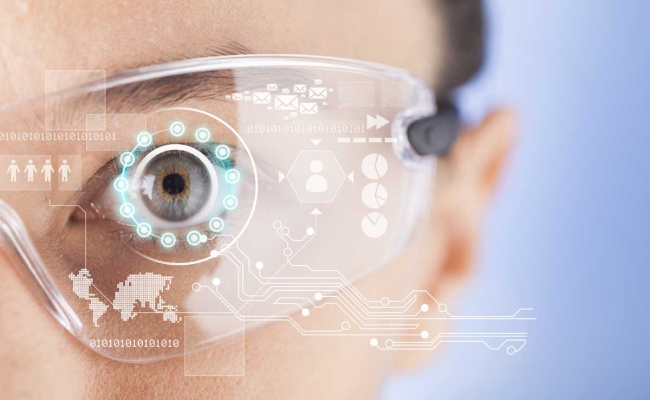
The intersection between the Internet of Things (IoT) and artificial intelligence (AI) is transforming homes into smart ecosystems where connected devices communicate and automate tasks to enhance convenience. That smart evolution is coming to plumbing as well.
IoT is reshaping the plumbing industry, bringing forth a wave of innovative solutions for homeowners just in time for the winter season. Here, we’ll explore how manufacturers are implementing these technologies in plumbing, their benefits, and the problems they solve. Additionally, we’ll highlight some cutting-edge smart devices and sensors leading the charge in this transformative journey.
Leak Detection and Prevention
Water damage is one of the most common causes of home insurance claims and affects about 14,000 people a day in the United States1. Undetected leaks can lead to a host of problems for homeowners, including water damage, mold, higher water bills, and electrical damage.
Manufacturers are building IoT-enabled smart water leak detectors to identify leaks before they cause substantial damage. Moen’s Smart Leak Detector, chosen by Wired magazine as the best overall water leak detector2, is a standalone sensor that homeowners can place anywhere indoors3. When the device detects the presence of water, high humidity, or extreme temperatures, it will send push notifications to the homeowner by phone, email, or text. The device, shaped like a drop of water, can be configured through an iOS or Android app and chained together with two other devices to cover large areas and prevent potential disasters.
Prescriptive Maintenance
Appliances, including water heaters, may fail unexpectedly, disrupting daily life. Almost all homes in the United States have water heaters, and 27 million households have water heaters that are more than 10 years old and nearing the end of their functional lives4. Property damages from leaking or burst water heaters can add $1,500 to the $3,000 price tag for water heater replacements.
Manufacturers like V-Guard are integrating AI into water heaters to allow predictive performance analysis, enabling prescriptive maintenance that can identify issues before they become critical5. Their IoT-enabled, smartphone-compatible Verano water heater runs self-diagnostics to detect problems and alert homeowners with automated messages about maintenance issues. Verano also continuously monitors the water temperature and sends alerts when it rises above set levels. Homeowners can operate Verano anywhere in the world with the V-Guard Smart App, enabling scheduling for showers or automated cut-offs when water temperatures rise above a set level.

Water Quality
Americans drink about a billion glasses of water a day, and 58% worry about the safety of their drinking water6. Although the drinking water in the United States is among the safest in the world, contamination—such as in Flint, Michigan—does occur.
Kohler has designed its Aquifer Refine water purification system to sit under a home’s kitchen faucet and improve water quality7. It features a three-stage filtration system to filter out mercury, lead, chlorine, certain pharmaceuticals, viruses, and bacteria. Wi-Fi connectivity allows homeowners to monitor their water usage, filter life, and receive alerts about potential leaks. The system also connects to Amazon’s Alexa, enabling homeowners to automatically order new filters when the current filter life reaches 10%.
Outlook for IoT and Plumbing
These examples of integrating IoT and AI into plumbing systems are just a few of the devices currently enhancing the lives of homeowners. As technology continues to advance, we can anticipate the following:
Enhanced energy efficiency that uses AI algorithms will further optimize water heating and usage, contributing to more sustainable and eco-friendly homes. Wider adoption of smart devices will make them more affordable, making smart plumbing solutions commonplace in households. And plumbing systems will seamlessly integrate with other smart home devices, creating comprehensive ecosystems that enhance overall convenience and efficiency.
Smart devices are transforming residential plumbing into dynamic, responsive, and intelligent home systems. As manufacturers continue to innovate, the outlook for IoT and plumbing is undoubtedly one of continued growth and increased integration into the fabric of modern living.
How Ambiq is Contributing
Smart sensors or devices that connect to in-home appliances and send data-based information about plumbing and energy usage will require continuous monitoring and a long-lasting battery so as not to fail when it is needed the most.
Ambiq makes a wide range of system-on-chips (SoCs) capable of processing complex data at ultra-low powers for key technologies, giving developers the flexibility to make intuitive monitoring devices consumers can rely on. It uses the patented Subthreshold Power Optimized Technology (SPOT®) platform to reduce the total system power consumption of all battery-powered edge devices. The result is a smart home that connects to all your devices.
Sources:
1 Water Damage Statistics and Information | 2023
2 The 6 Best Water Leak Detectors for Your Home | September 18, 2023
3 Moen | 2023
4 What causes a water heater to leak or rupture? | November 30, 2017
5 V-Guard | 2023
6 Water Quality Facts and Stats | 2023
7 Kohler | 2023


